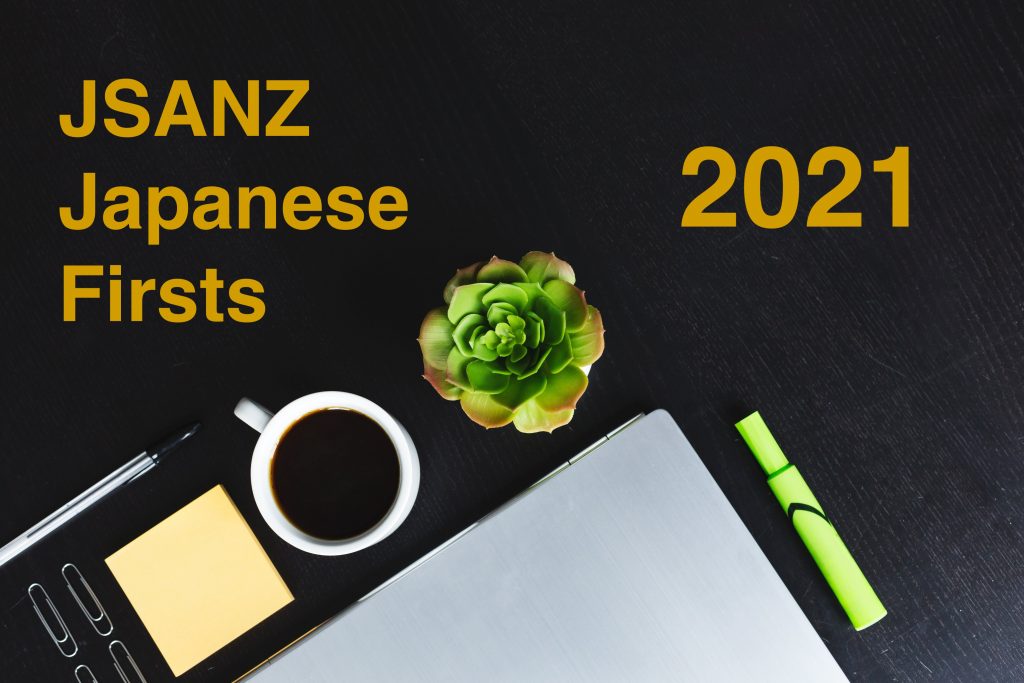
JSANZ would like to recognize Japanese teachers and students who do a great job.
There are ten categories in the competition.
You can nominate yourself or another person.
The same application form will be used for both types of nomination.
You can only make one nomination for each category.
JSANZ Japanese Firsts — Competition Categories
- Most Innovative Lecturer
- Best Specialist Lecturer Kanji
- Best Specialist Lecturer Keigo
- Best Specialist Lecturer Grammar
- Best Specialist Lecturer Culture
- Most Caring Lecturer
- Most Memorable Japanese Lesson (Name Lecturer and give a short description)
- Best Effort from a First Year Student
- Most Engaged Second, or Third Year, Student
- Most Interesting Japanese Language Figurehead in New Zealand
JSANZ Japanese Firsts — Competition Dates
The competition begins 20 April
The competition ends 20 June
The winners will be announced 20 July
JSANZ Japanese Firsts — Application Process
Submit your nominations on the form below.
A current phone number and email address are required on the application form so that we can contact you if you are a winner.
Late or incomplete nominations will not be accepted.
A panel of JSANZ members will decide on the winners. If a JSANZ member has been nominated that person will not be eligible to join the decision-making panel.
Nomination forms cannot be changed once submitted.
You will receive an email confirming your nomination after it has been submitted.
JSANZ Japanese Firsts — Prizes
If you win one of the 10 categories in the JSANZ Japanese Firsts competition you will receive a glossy e-poster for your classroom, giving details about you and your award.
Photographs for the poster will be taken by your university or by a JSANZ member.
The winning posters will also be published on the JSANZ website and possibly in other publications relevant to Japanese language teaching.
The competition is open to all students and lecturers of Japanese language and Japanese Studies at New Zealand tertiary institutes.
IMPORTANT NOTES
- If you nominate someone or if you make a self-nomination your name will not be made public for any reason. Your nominations will be completely confidential.
- You cannot nominate the same person more than once for the same category but you can nominate the same person for more than one category.
Good luck with your choices.
